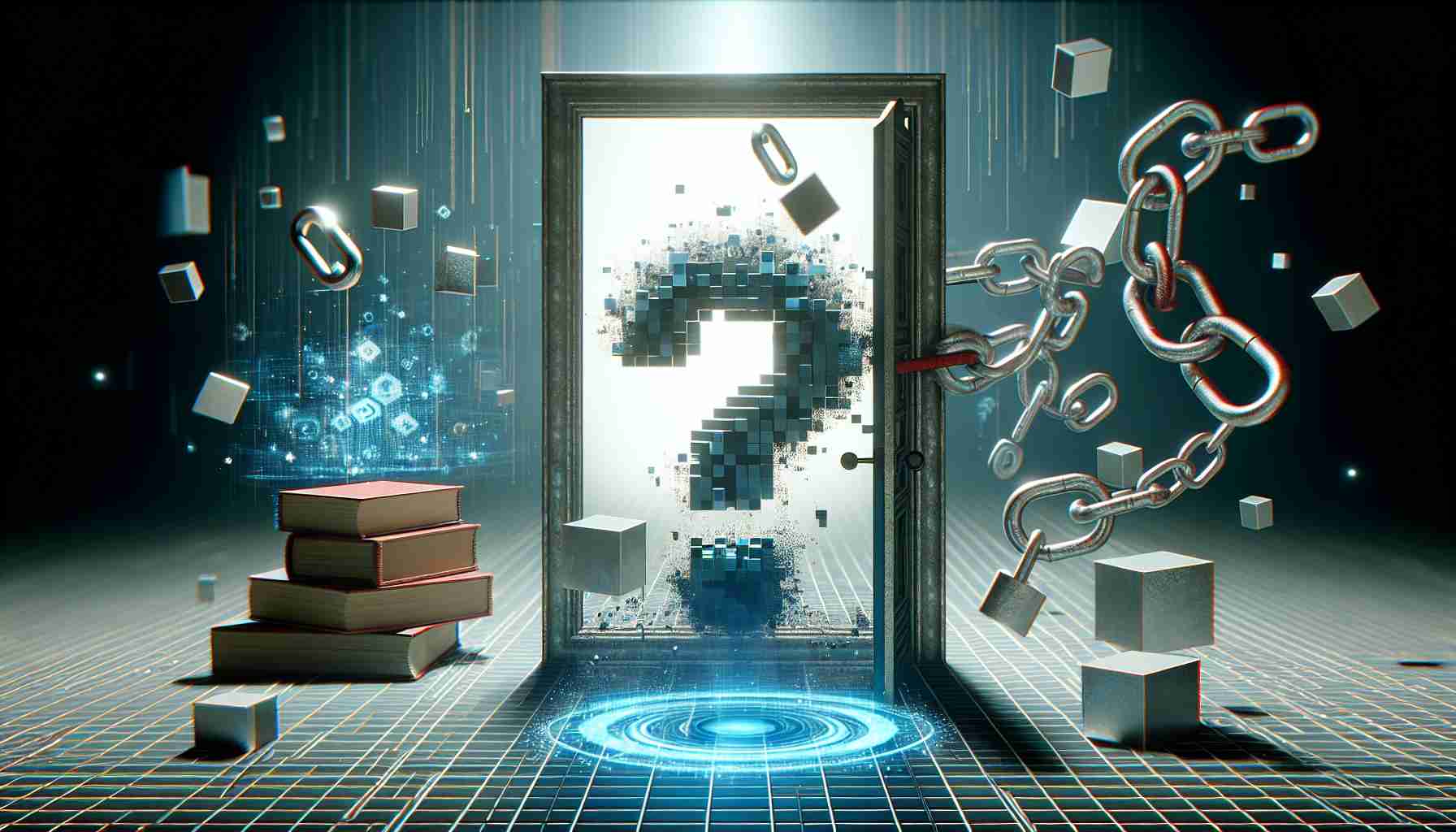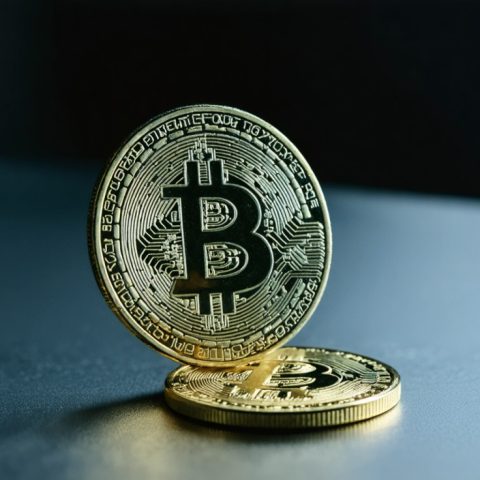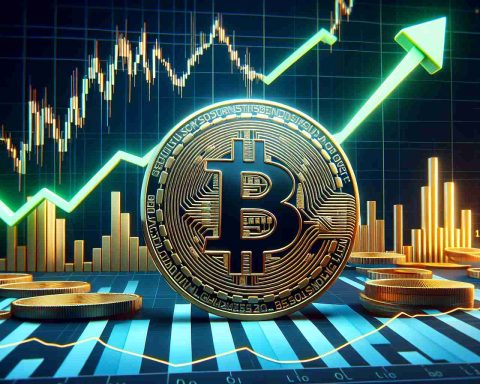The metaverse is poised to revolutionize how we connect, yet it carries profound implications that could alter our societal fabric beyond recognition. Alongside excitement, there is growing anxiety over its impact on privacy and socioeconomic structures.
The Fate of Physical Communities
As more activities migrate to virtual environments, the relevance of physical spaces may diminish. This shift could challenge community cohesion, with local businesses struggling against virtual rivals and personal interactions shifting to digital avatars. The future of traditional neighborhoods hangs in the balance against a backdrop of growing digital presence.
Economic Opportunities or Obstacles?
While the metaverse offers global market access to everyone online, it risks exacerbating existing digital divides. Technologically lagging areas might face increased barriers to entry due to rising virtual infrastructure costs. At the same time, it opens doors for new economic interactions and possibilities, questioning whether the digital landscape will unify or further separate us.
Educational and Career Shifts
In education, the metaverse promises transformative learning through immersive technologies. New professions could also emerge, reshaping career landscapes. This evolution prompts critical examination of how educational systems can adapt to adequately prep future generations for an era dominated by virtual environments.
Standing at a crucial junction, the metaverse offers both boundless innovation and significant hurdles. As this digital realm unfolds, the central concern remains: Are we fostering a future that integrates personal connections with digital progression, or are we creating a world where human interaction is overshadowed by virtual engagement? This decision will define not only our digital landscape but the tangible world we inhabit.
Can the Metaverse Deliver True Human Connection?
Introduction
As we stand on the brink of a digital revolution, the concept of the metaverse is generating as much intrigue as it is controversy. The metaverse, a virtual universe where people can connect, work, and play, brings with it not just technological innovation but profound societal implications. This article delves into undisclosed aspects of the metaverse and assesses its potential impact on individuals, communities, and entire nations.
The Psychological Impact of Virtual Reality
One frequently overlooked aspect of the metaverse is its potential psychological impact. Studies suggest that extended time spent in virtual environments can alter perceptions of reality. For some, this might lead to a blurring of lines between the virtual and the real world, potentially influencing mental health. As people grow more comfortable interacting via digital avatars, the question arises: Will we lose touch with the subtleties of face-to-face communication? On the other hand, for individuals with social anxiety or mobility issues, the metaverse could provide unprecedented opportunities for social interaction, allowing connections they might otherwise miss.
Societal Benefits and Drawbacks
On a societal level, the metaverse promises increased accessibility to work and education. Remote working environments through immersive platforms could democratize job opportunities, allowing people in remote or underserved areas to participate in the global economy. However, this raises concerns about exacerbating work-life imbalance, where boundaries between personal and professional life become even more blurred.
Meanwhile, education could become more engaging through interactive, virtual experiences. Yet, this digital learning environment could further disadvantage students without access to the necessary technology, thereby worsening educational inequalities.
The Economics of the Metaverse
The metaverse presents a lucrative market for businesses willing to invest in virtual real estate or digital goods. However, the economic implications are double-edged. While new opportunities arise, traditional businesses may struggle to compete with virtual counterparts. Additionally, virtual economies could see the rise of new regulatory challenges regarding digital assets and transactions.
Legal and Ethical Considerations
A critical debate surrounds the legal and ethical concerns of life in the metaverse. Conversations around data privacy, digital rights, and online behavior standards become even more significant. Will new laws be needed to govern these digital interactions, and how will they be enforced across different jurisdictions? Ensuring fairness and equity in this new domain remains a quintessential challenge.
Advantages and Disadvantages
Among the many advantages, the metaverse fosters global connectivity, innovative economic opportunities, and dynamic educational platforms. However, significant disadvantages include potential privacy breaches, increased social isolation, and deepening socioeconomic divides.
What Lies Ahead?
As we embrace the metaverse, crucial questions demand answers: How will virtual spaces complement or undermine human connections? Can regulations keep up with the rapid technological advancements? The possibility of creating a balanced future where digital growth supports rather than sidelines personal interaction depends on thoughtful, inclusive dialogue and policy-making.
For more on how technology is transforming society, explore Wired and The Verge.











